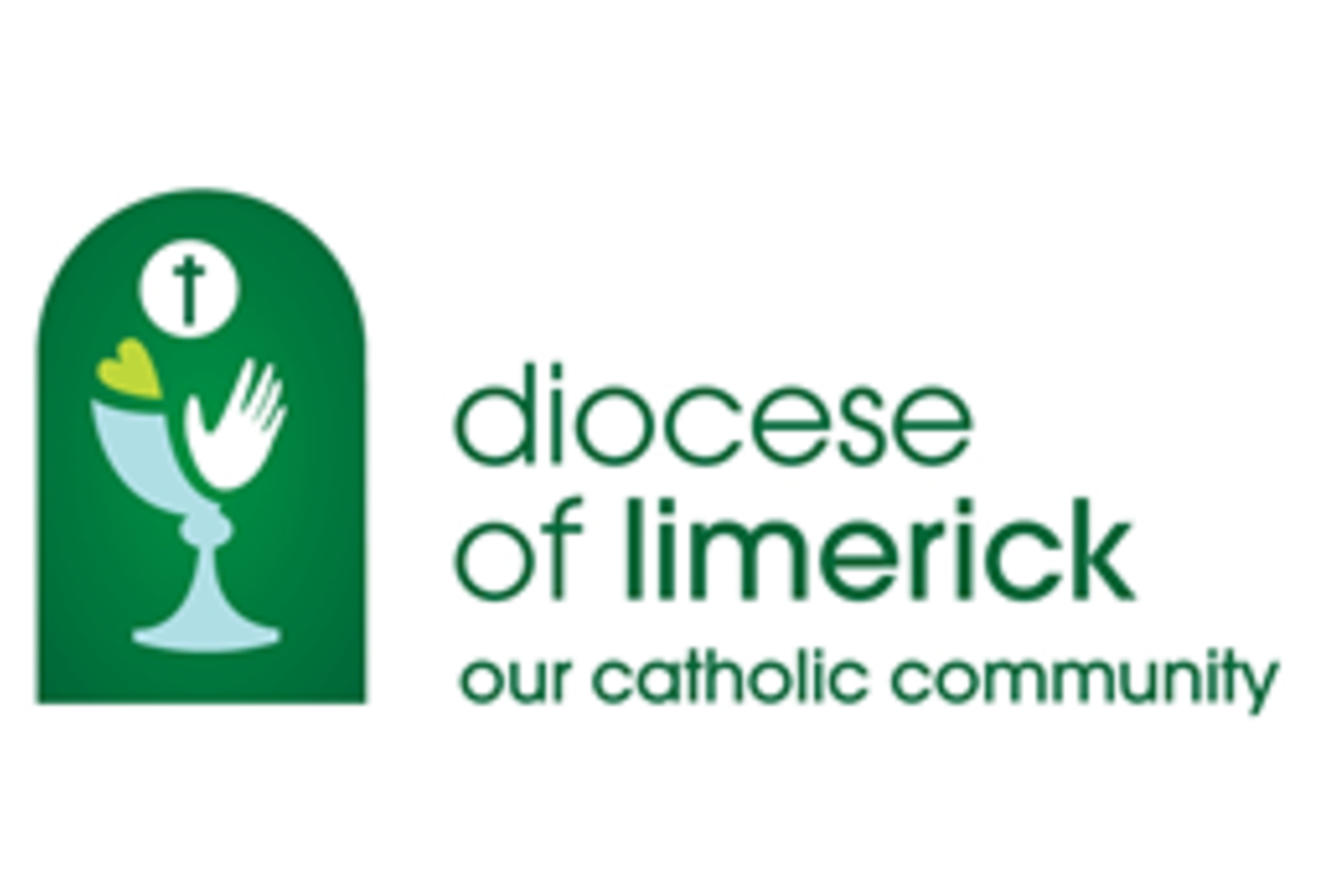- 13
- Feb
- 2022

Year C: Sixth Sunday in Ordinary Time
Ballybrown Parish
Homily Notes
Some years ago I visited Bangladesh. While there a member of the Taizé community living there brought me to visit a family living in a refugee camp in Dhaka. It was literally a corrugated iron hut, one room with bunks, chairs, delf and the television in the corner. I remember there were a lot of children in the camp. As we came away, the brother who brought me could see I was affected by it all. He said to me, “I imagine you’re wondering about all of this… especially because you see the children smiling and so happy… I just to think like that when I came first. I used to feel so sad for them. But then I began to realise that mysteriously they who have so little are in many ways happier than those in Europe who have so much”. His words struck me.
We can only imagine how those listening to Jesus that day when he announced the Beatitudes must have felt. He was providing them with the way he sees things. And he had come from heart of God so he was bringing God the Father’s way of seeing things. The logic seemed so strange and yet what he was saying was so important. He is helping them see beyond the superficial glance that we have so often, to see deeper. Basically, he is pointing out that God is close to those who are suffering, those in need, those who are going through crises of various kinds. What are apparently negative circumstances contains hope. Jesus himself is indeed God’s closeness to those in need. And, at the same time, Jesus says “woe to you” to those who might feel contented that they are doing well today, all is going fine. Jesus wants to wake them up to the dangerous deceit of being closed in on themselves, their own wealth, their own projects, their own independence, and opening them up to the logic of love, while they still have the time to love.
So, we can take away from this Sunday’s Gospel a few points.
If we are in some negative situation that might leave us dejected, stressed or vulnerable, realise God is close. As the First reading puts it, we can trust in God. We can hand over to him our need. We know we are poor, beggars of God’s help and mercy. It’s often said an alcohol begins real recovery when they recognise their need and their dependence on the Absolute, on God. But that’s true for all of us in all kinds of situations. Blessed is the person who puts their trust in God as the psalm tells us.
A second point to us is the remember the First Commandment. We are to love God and put God in the first place and have no idols. Sometimes we think of idolatry as something in the past when they build golden calves etc. But there are all kinds of idolatry. We fall into idolatry every time we absolutise what is relative, our own success, our wealth, our career, our social status. Every time we forget our dependence on God and our call to love our neighbour as ourselves, we end up adoring idols and this impacts of what is real and true in our lives – our relationships with others, especially our family and with those around us. We remember the Russian author Dostoevsky’s line: “When people choose not to believe in God, they do not thereafter believe in nothing, they then become capable of believing in anything”. That’s true of all of us in some way. As someone put it, every baptised Christian still has some remnant of a pagan in him/her. So when all kinds of dispensers of happiness arrive along promising us swift success, quick profits or magical solutions to problems we can fall for them. So let’s remember Jesus’ words “Woe to you…”; do not fall into idolatry.
The third point is to do with our own glance, the way we see things in our world. God the Father sees our world through the eyes of Jesus. Jesus reached out to the poor, the marginalised, the mourning, the victims of injustice. Indeed, he experienced all of this in himself. So God knows our experience from within and he wants us to see our world, its history, its ways, with the eyes of Jesus. A worldly spirit infects us with what Pope Francis calls a chronic short-sightedness and we can so easily judge our own lives and the lives of others by superficial standards. In presenting us with the Beatitudes Jesus wants us to look far and look deep beyond appearances to the real value of people, to the deeper interpretation of circumstances, to the long-term goal of history. And we keep needing to rub our eyes and see things more clearly again. Life is an eternal beginning again to see things from God’s perspective presented to us in the Beatitudes.
Pope Francis has a great love of the Beatitudes. He sees them as our identity card. There are eight Beatitudes and it would be nice, he says, to learn them by heart and to repeat them in order to keep this law that Jesus gives us in our mind and in our hearts.